"It's the economy, stupid!" Climate technology must pay off

Without technological development, it is difficult to imagine decarbonization and reduction of CO2 emissions. As Tomasz Wolanowski, Vice President of ABB in Poland, said during the European Economic Congress , in order to talk about climate protection through technologies and achieve greater efficiency, we must first calculate what we want to do.
- Digitization will be key . Without this change, it will be hard to say that technology improves our processes and increases energy efficiency - he argued.
Climate technologies are an important topic for heatingThe CEO of ABB pointed out that we are at the stage of admiration for artificial intelligence and have stopped talking about its energy consumption.
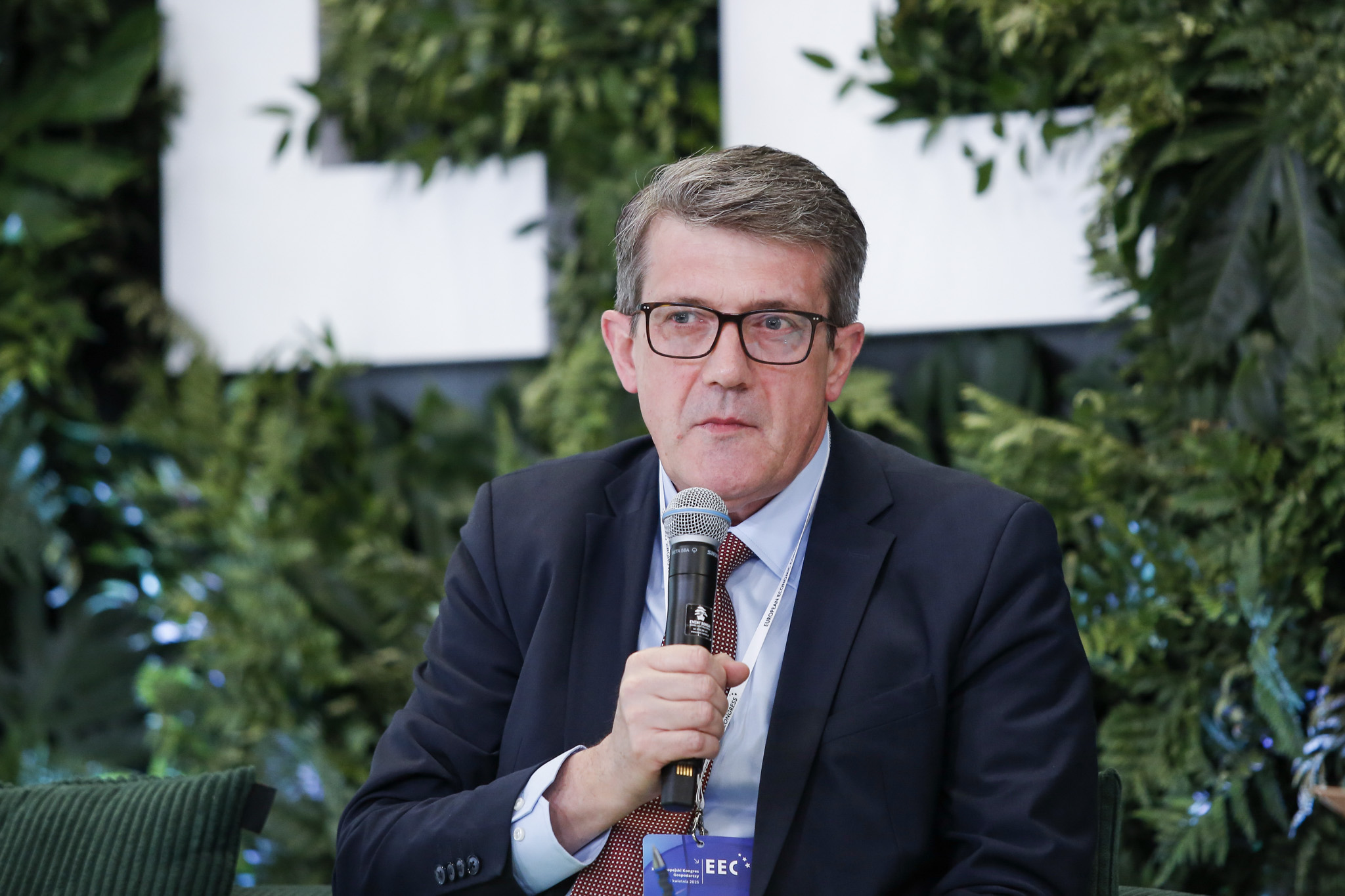
- Posting a question on ChatGPT uses ten times more energy than using a regular search engine. This shows how important it is for these new technologies to be economical - he added, noting that today, investments in energy efficiency are 70% investments in technology, and only 30% in buildings and infrastructure.
Paweł Orlof, Vice President and Chief Operating Officer of the Veolia Group in Poland, pointed out that climate technologies are an important topic for the heating industry, especially in Poland, which has the privilege of having a very large heating network.
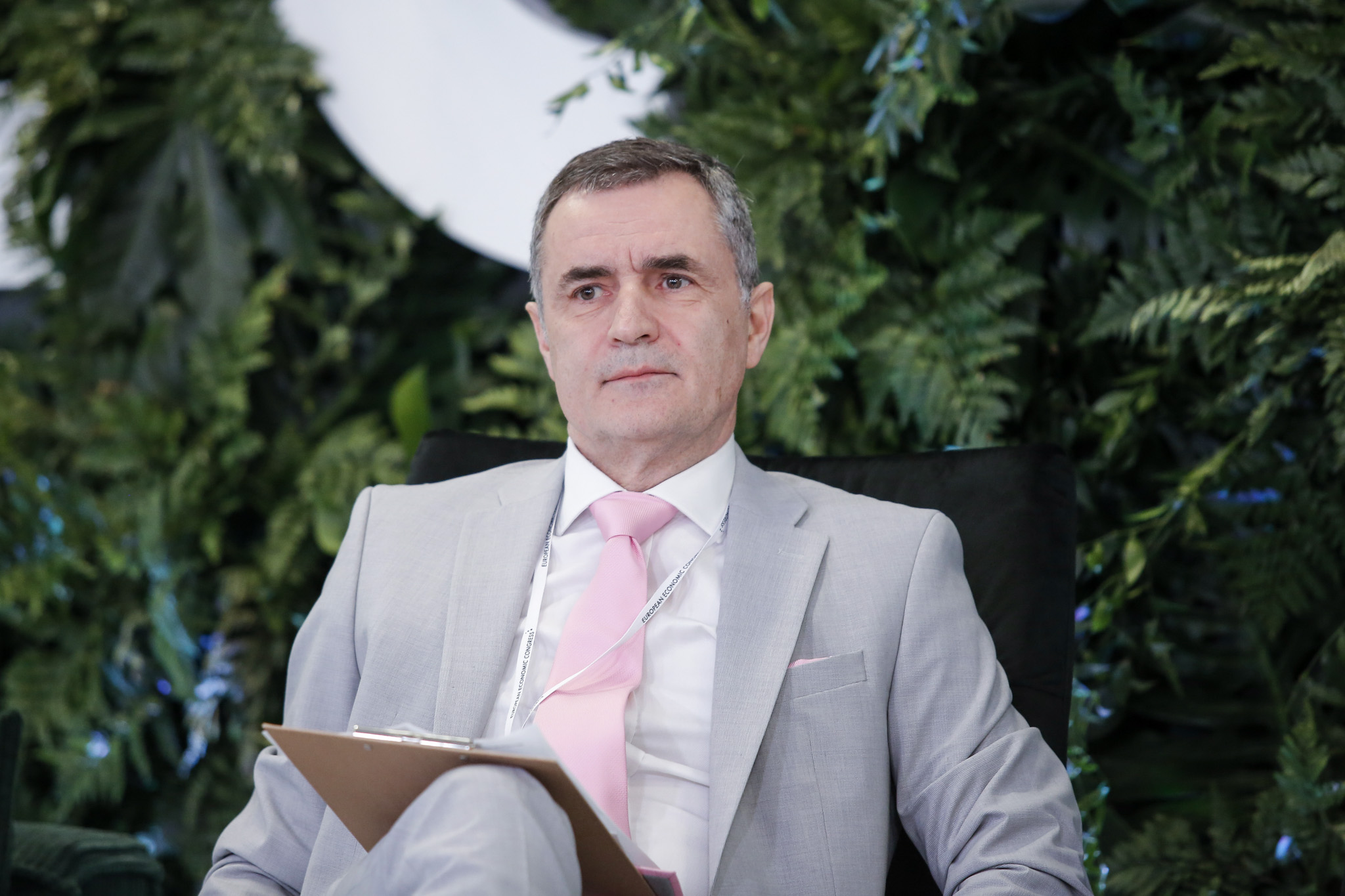
- What do we need to change here? First, introduce state-of-the-art systems for managing these networks. We already have such intelligent heating networks in Warsaw and Poznań - added the president.
The basis for decarbonization is a change of technologySamir Abboud, CEO at Innargi, also agreed that the basis for decarbonization is a change in technology , and in Poland heating is important because – due to the climate – 40 percent of energy is used to supply heat.
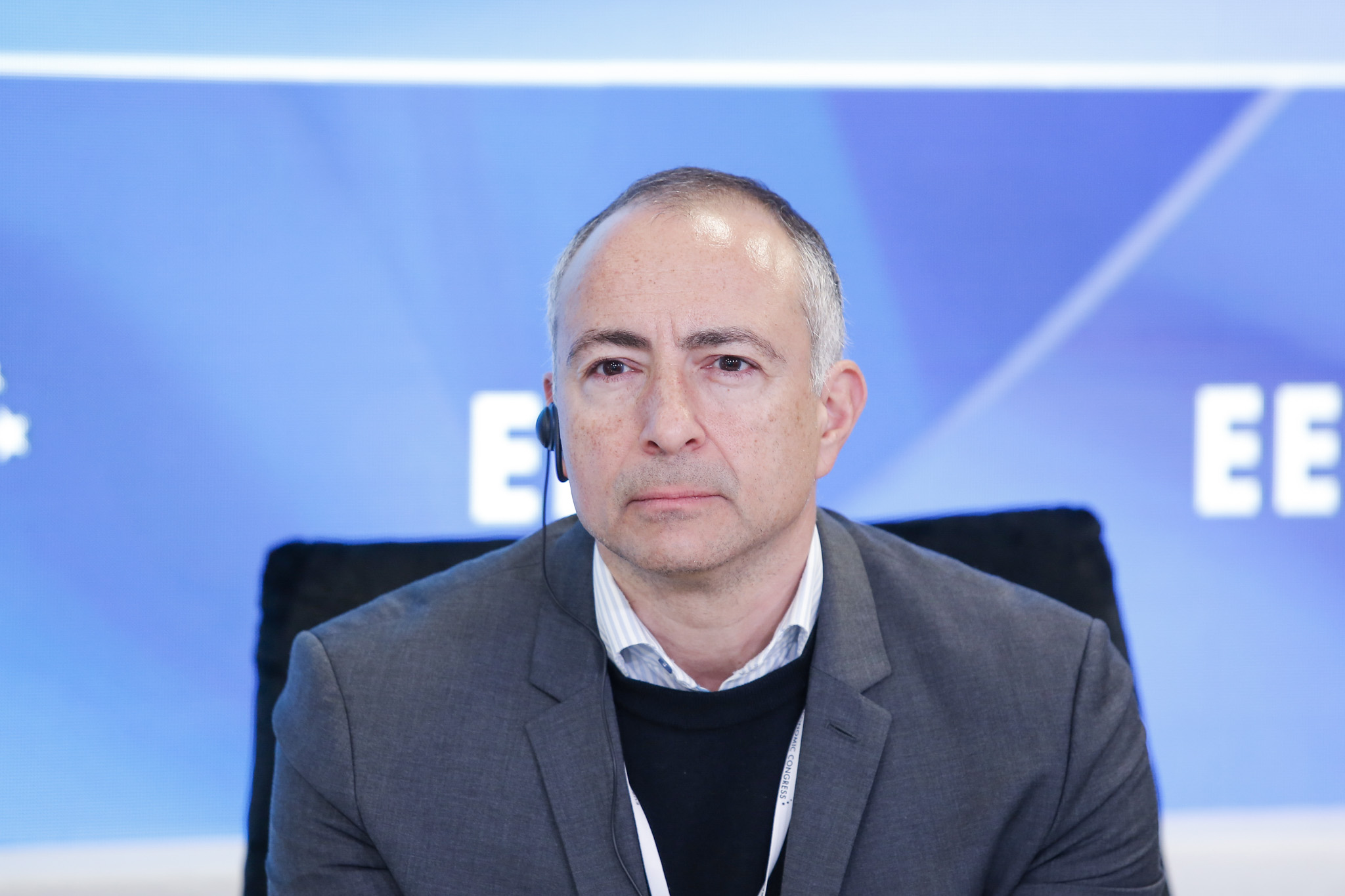
- Poland has the advantage of having many networks, and the network allows for the use of various technologies. Poland is moving away from coal, it can replace it with various sources, including geothermal energy. We just need to focus on what we connect to these networks - he said.
Arkadiusz Majoch, director of the Petrochemical and Refinery of the Future Research and Development Office at Orlen, admitted that Orlen is looking for new raw materials, and treats energy as a raw material.
- Renewable energy is what we will produce in large quantities, the second valuable area for us is the acquisition and import of gas, which will replace coal in our assets, because by 2035 we will be phasing out the use of coal - he enumerated.
As it turns out, Orlen is also thinking about using waste because, as the president said, it is a fuel that enables local action.
- We can decarbonize our energy units thanks to waste. We try to act locally so that the stream of crude oil can be replaced by this waste on site.
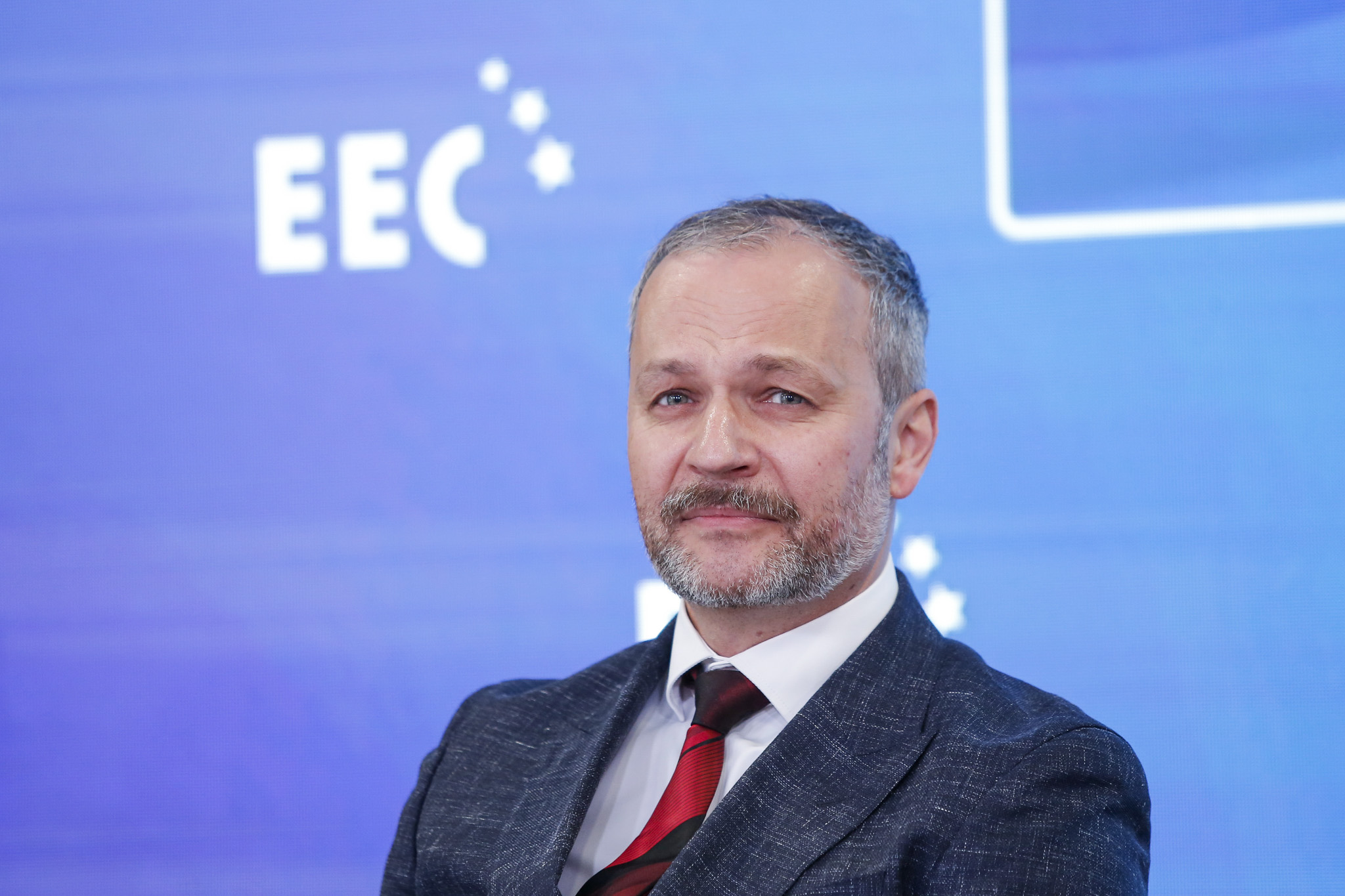
He cited rapeseed oil and frying oil as examples of directly replacing one source with another.
- Instead of rapeseed oil, we use used frying oil to produce biocomponents, the installation of which at Orlen Południe can process up to 60 thousand tons per year. We also use straw to produce ethanol - said Majoch, noting that by 2030 the share of biocomponents in fuels is to triple.
Mateusz Masiak, CEO of Envirly, noted that we live in very interesting times: - We wonder what direction we are going in terms of sustainable development. I would quote a well-known slogan: "The economy, stupid!", meaning that this decarbonization will proceed where it pays off .
As he noted, over time we will experience a greater influence of big business on what small business will look like.

- If the big ones expect to move towards decarbonization, the small ones will do it. The pressure to decarbonize will be big and these small entities, wanting to stay in the supply chain, will have to adapt - he argued.
The institution that is supposed to help develop new technologies is the National Centre for Research and Development, whose task is to support investments that today have ecological potential but do not yet have much economic justification.
Innovative public procurement as support for new technologiesKatarzyna Lenart, deputy director of the Department of Development of Innovative Program Management Methods at the National Center for Research and Development, explained: - From our side, it is important to indicate certain directions, certain solutions, such breakthrough innovations. We define a challenge, a need and then look for a solution.
As she said, the ideal solution here is innovative public procurement, which is intended to support the development of sectors that can help in the development towards decarbonization, but which the free market is not currently focusing on.
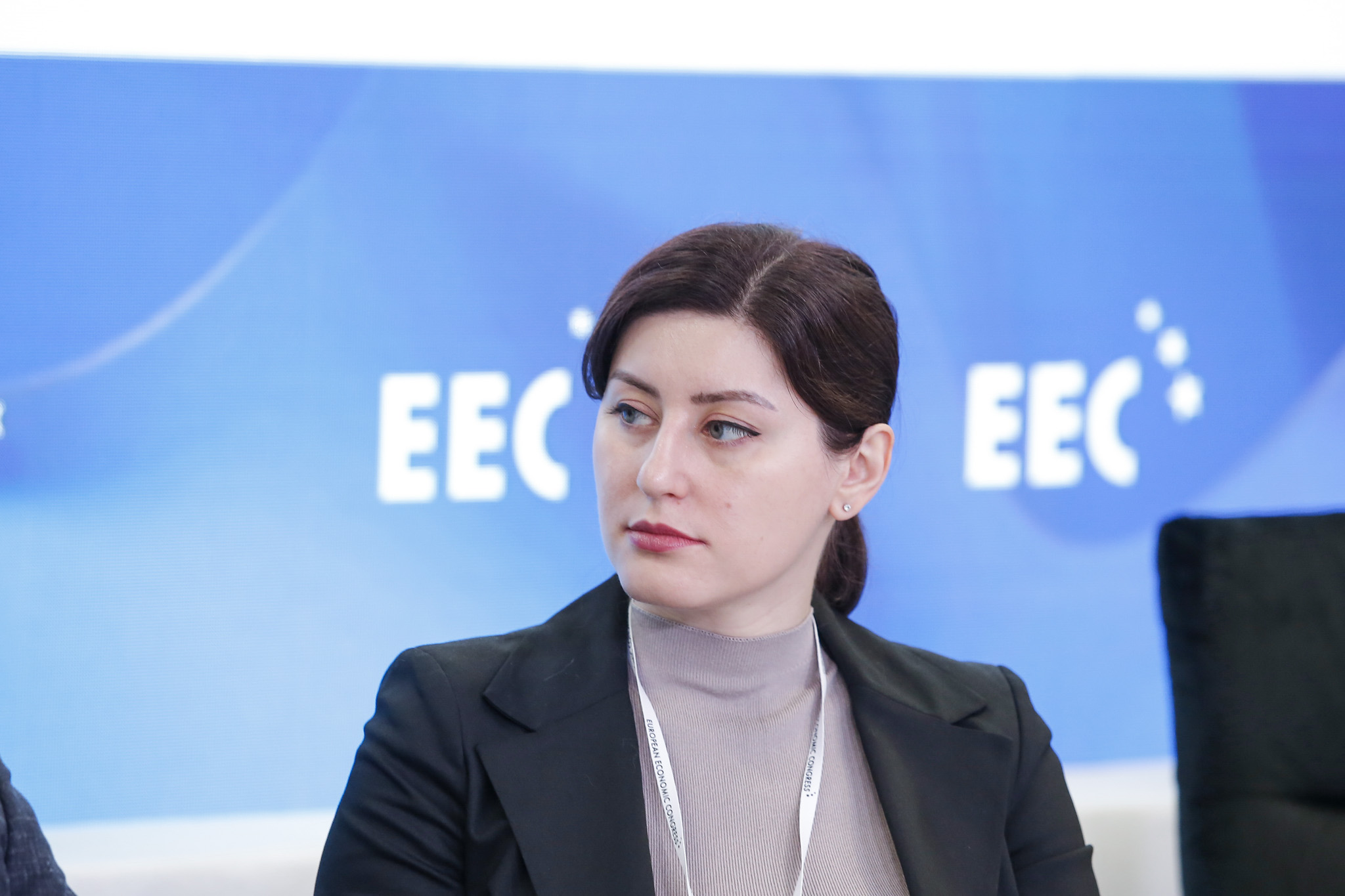
- This was the case with the heating plant of the future in Lidzbark Warmiński or the biogas plant near Poznań, which operate thanks to NCBR programs and which are supposed to trigger the development of the sectors in which they operate - added Katarzyna Lenart.
Watch the report from the "Technologies for Climate" debate:
wnp.pl




